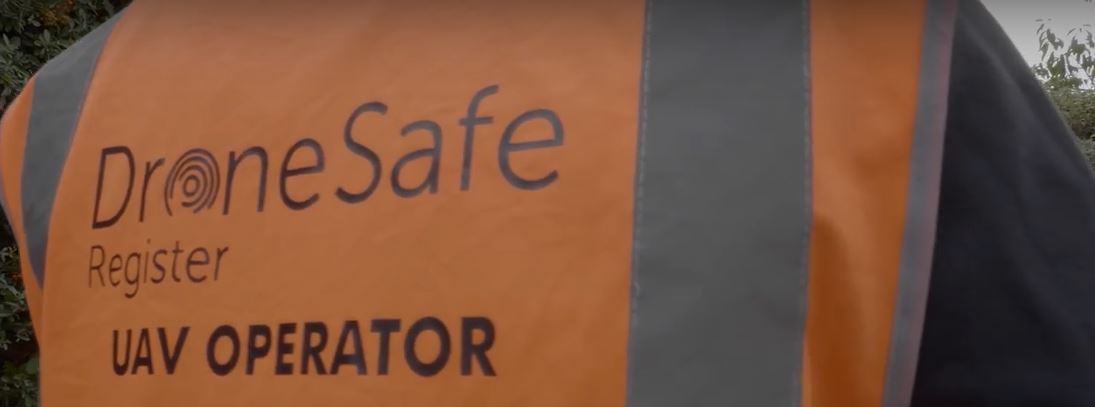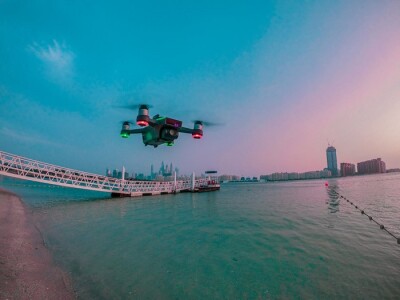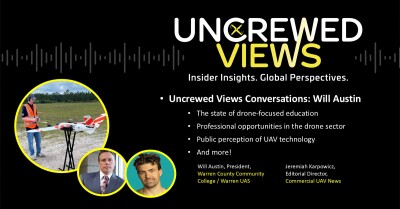Since the implementation of Part 107, the FAA has issued 77,410 remote pilot licenses, and that number is still climbing. Similar situations are commonplace in countries throughout the world where the local civil aviation regulator has imposed guidelines to manage the use of drones and control how these unmanned vehicles enter and potentially share controlled airspace.
One great example of this international regulation environment is in the United Kingdom, where the Civil Aviation Authority (CAA) has implemented a series of rules and regulations to guide the correct use of drones over their territory. These regulations are clearly delineated in articles 94 and 95 of the CAA Air Navigation Order which came into law on August 2016, just a few months after the implementation of Part 107 in the USA.According to Mark Boyt, founder and CEO of Drone Safe Register, one question remained unanswered even after this law took effect. How can you guarantee that the pilot you are hiring to do a job is well trained and certified to accomplish the task in a safe an efficient manner?Right now, there is no such thing as an official UK drone pilot license. However, a drone pilot does require the permission of the CAA to undertake commercial work (known as ‘Permission to Fly Commercial Operations’ or PFCO). This is also the case for any flight operation with a camera-equipped drone that is intended to fly near congested areas of people, vessels, vehicles or structures than the distances set out in the above mentioned Air Navigation Order.“I thought it was important to have one private entity that would group and act as a certification entity to guarantee the public that the pilots they are hiring to do a job are responsible, qualified and properly trained and insured individuals," Boyt said.Mark founded DSR in 2015 in an effort to create a source of qualified and insured UAV pilots for the hiring public. After a rigorous period of training and testing, pilots receive a certificate that proves to the hiring public that the pilot not only complies with the PFCO but has also completed an extra layer of competency and insurance. DSR obtains its revenue exclusively from member dues and they have ambitious plans to expand into the USA in the near future.“We deal directly with the largest network of insurance providers in Europe and we get special discount for our members on their individual insurance premiums," Boyt mentioned. “The situation in the USA is rather different because the FAA certifies pilots under Part 107 and issues them a proper license, but we firmly believe there’s a need to a central repository of insured drone pilots and we are prepared to invest in this expansion.”Subscribe
The information you submit will be stored and used to communicate with you about your interest in Commercial UAV News. To understand more about how we use and store information, please refer to our privacy policy.
February 19, 2018
Drone Safe Register Aims to Provide Safe Registry for UAV Pilots in the UK















Comments